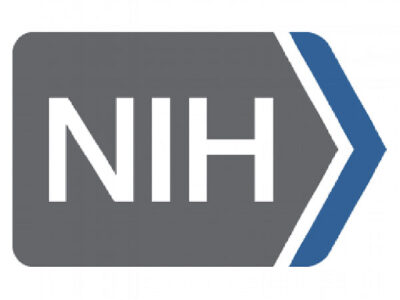Constanza Martinez Piñanez, a psychosomatic medicine physician, has joined the Patient Support Services team at
House committee defoliates NIH funding for WHO program that declares weedkiller Roundup a carcinogen
The House Committee on Appropriations has withheld funding for the WHO International Agency for Research on Cancer—which receives about $2 million from the United States per year—because of controversy over the agency's label for glyphosate, a chemical commonly used in weedkillers.
Researchers at Project GENIE, the largest publicly available genomic database in the U.S., understand what it takes to convert sequencing data into real-world evidence: a lot of money, manpower, and data harmonization, said Shawn Sweeney, director of the American Association for Cancer Research Project GENIE Coordinating Center.
With 11 new partners, AACR’s Project GENIE to make available genomic data from 60,000 tumors by 2019
Project GENIE, already the largest publicly available genomic data repository in the U.S., is on track to publish information on 60,000 sequenced tumors—derived from an international network largely comprised of academic cancer centers—by January 2019.
Gene Editing Institute of Christiana Care Health System's Helen F. Graham Cancer Center & Research Institute licensed its gene editing technology to Jerusalem-based NovellusDx to improve the efficiency and speed of NovellusDx's cancer diagnostic screening tools.
As a veteran of the FDA Oncologic Drugs Advisory Committee, Maha Hussain took part in the group's past discussions on treatment options for men with non-metastatic castration-resistant prostate cancer.
The endpoint of metastasis-free survival is unlikely to be used in settings beyond non-metastatic castration-resistant prostate cancer, said Julia Beaver, director of Division of Oncology Products 1 at the FDA Center for Drug Evaluation and Research.
It's official, FDA is recognizing a new endpoint that seems especially well suited for prostate cancer: metastasis-free survival, or MFS for short.
The two FDA pilot programs—Real-Time Oncology Review and Assessment Aid sped up the processing of Novartis's supplemental new drug applications for Kisqali (ribociclib), said Samit Hirawat, executive vice president and head of Global Oncology at Novartis.
FDA is revamping the gearing in the machinery of approval of cancer drugs, making it possible to initiate regulatory review immediately after the clinical trials datasets are locked.












